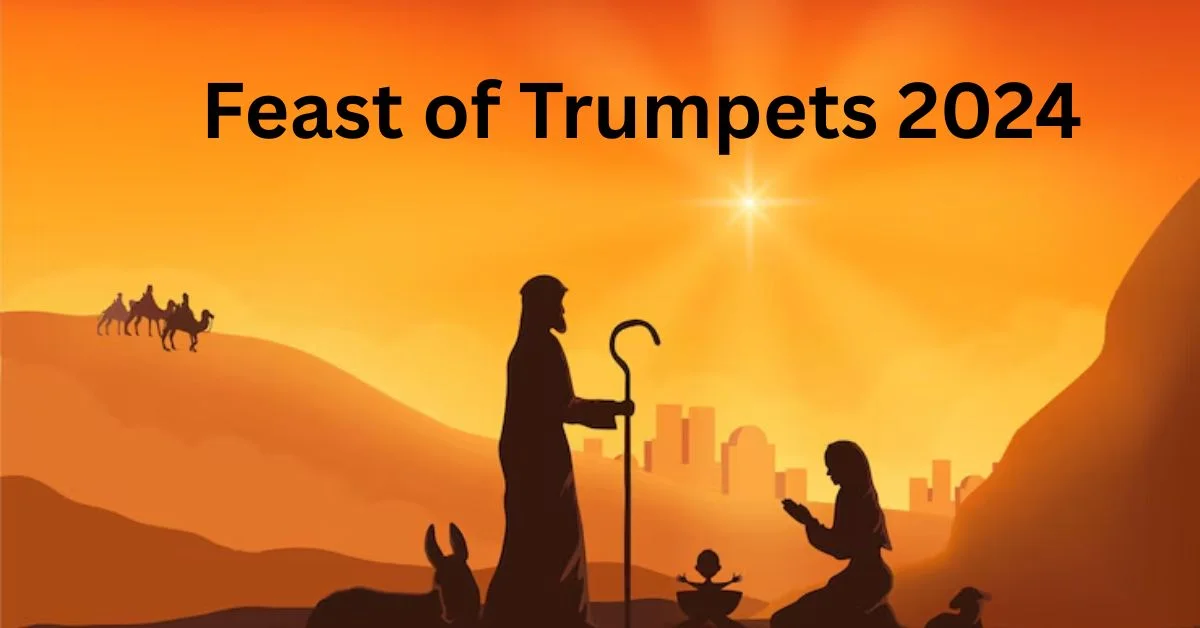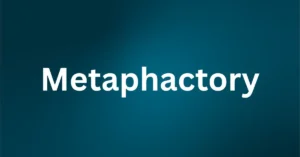Reflection, the ringing of shofars (ram’s horns), and the hope for a fresh start are hallmarks of the sacred biblical festival of trumpets (Rosh Hashanah in Judaism). Yom Kippur and the Ten Days of Awe, which begin on this day, are the high points of the Jewish civil year. This comprehensive reference will explore the history, prophetic meaning, and many methods that communities throughout the world celebrate the Feast of Trumpets in 2024.
When Is the Feast of Trumpets 2024?
The Feast of Trumpets begins on the first day of the seventh month, Tishrei, according to the Hebrew calendar. According to the Gregorian calendar, the Feast of Trumpets 2024 is expected to start at sunset on Wednesday, October 2, 2024, and finish at twilight on Friday, October 4, 2024.
Key Timing Details:
- Start: Sunset, October 2, 2024
- End: Nightfall, October 4, 2024
- Length: Traditionally observed for two days
Note: Since Hebrew days begin at sunset, all festivals are celebrated starting the evening before the calendar date.
The Importance and Origins of the Bible
The Scriptures that describe the Feast of Trumpets are found in Numbers (29:1-6) and Leviticus (23:23-25). This Jewish festival is special in that it is preceded by the blasting of the shofar, which signifies a holy gathering and a time of reflection and confession.
Scripture References:
- Leviticus 23:24: “A memorial proclaimed with the blast of trumpets, a holy convocation.”
- Numbers 29:1: “On the first day of the seventh month you shall have a holy convocation. You shall do no ordinary work.”
This sacred day is both a memorial and a warning, preparing people for judgment and spiritual renewal.
Prophecy and the Trumpet Festival
Christians and Messianic Jews place great prophetic importance to the Feast of Trumpets. Some believe that the sound of the trumpet heralds the Second Coming of the Messiah, and that the faithful will gather at that sound.
Common Interpretations:
- A Call to Repentance: The blast of the shofar serves as a wake-up call.
- Judgment Day Prelude: The beginning of the Ten Days of Awe leading to Yom Kippur.
- Return of the King: Seen as a shadow of future events in eschatological teachings.
Many link it to verses such as:
- 1 Thessalonians 4:16: “For the Lord Himself will descend from heaven with a shout, with the voice of the archangel, and with the trumpet of God.”
Traditional Jewish Observances and Customs
In Jewish tradition, Rosh Hashanah is both a solemn and festive occasion. The focus is on introspection, renewal, and family gatherings.
Major Customs:
- Shofar Blowing: Central to the holiday; typically 100 blasts are heard.
- Tashlich: A ceremony where sins are symbolically cast into flowing water.
- Special Prayers: Including the Amidah, Avinu Malkeinu, and the Unetanneh Tokef.
- Festive Meals: Featuring apples dipped in honey, pomegranates, and round challah.
- Greeting: “L’shanah Tovah” – “May you have a good year.”
These practices create a rhythm of repentance, reflection, and hope.
Messianic and Christian Perspectives on the Feast of Trumpets
The Feast of Trumpets is observed by many Messianic Jews and Christians, who view Jesus (Yeshua) as the promised Messiah and observe it accordingly.
Key Messianic Perspectives:
- Jesus as Fulfillment: The feast is seen as pointing to the future return of Christ.
- Spiritual Preparation: A time for soul-searching and rededication.
- Connection to the Rapture: Some believe the rapture will occur on a future Feast of Trumpets.
Practices Among Believers:
- Prayer and worship services
- Bible studies on prophetic themes
- Shofar services and sounding
- Communal meals and reflection
How to Celebrate the Feast of Trumpets in 2024
Whether you’re Jewish, Messianic, or a Christian honoring Biblical feasts, there are many meaningful ways to observe the Feast of Trumpets 2024.
Practical Ways to Celebrate:
- Attend a Service: Visit a synagogue or Messianic fellowship.
- Sound the Shofar: Learn or listen to traditional shofar blasts.
- Host a Rosh Hashanah Meal:
- Serve apples & honey
- Include round challah symbolizing eternal life
- Share blessings over wine and bread
- Perform Tashlich: Go to a stream or river and symbolically cast away your sins.
- Personal Reflection:
- Journal about your spiritual goals
- Seek reconciliation and forgiveness
Modern-Day Relevance and Symbolism
The Feast of Trumpets remains deeply relevant in 2024, offering a spiritual reset in a world full of distractions. Its core message—wake up, reflect, and return to God—echoes across generations.
Why It Still Matters:
- Encourages spiritual renewal and mindfulness
- Promotes community and family bonding
- Inspires hope for the future
- Fosters a deeper connection to Biblical history
In a digital age, sacred pauses like the Feast of Trumpets invite us to reclaim spiritual focus and listen for life’s deeper callings.
Conclusion: Embrace the Call of the Shofar in 2024
The Feast of Trumpets 2024 is a religious festival, but it is also a personal invitation to take stock, think deeply, and get back on track. Anyone who chooses to take part in this sacred day—through traditional observance, prophetic contemplation, or community gatherings—does so with great weight. Do not let this year’s spiritual opportunity pass you by. Prepare to welcome the new year with vigour and determination.
Frequently Asked Questions (FAQs)
What is another name for the Feast of Trumpets?
The Jewish New Year is also called Rosh Hashanah.
Why is the shofar important?
The shofar is a ram’s horn that is blown to call for spiritual awakening, memory, and repentance.
Q3: Is the Feast of Trumpets 2024 only for Jews?
A3: While rooted in Jewish tradition, many Christians and Messianic believers observe it as well.
Q4: Can I celebrate the Feast of Trumpets at home?
A4: Yes! You can celebrate by reading Scriptures, sounding a shofar, sharing meals, and reflecting on your spiritual walk.
Q5: Why does the date of the Feast of Trumpets change each year?
A5: Because it follows the Hebrew lunar calendar, which shifts relative to the Gregorian calendar.
For more information, click here.









